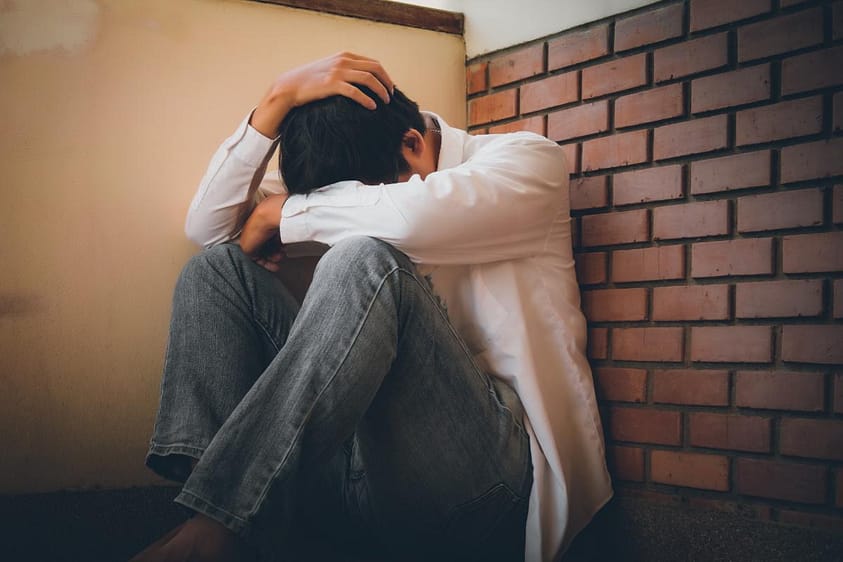For some teens, feelings of isolation and low self-esteem can lead to self-harm. As their bodies continue to develop through hormonal shifts, many teens struggle to engage with their families and ask for mental and emotional support. Social, emotional, and academic pressure can lead to co-occurring issues like self-harm. For parents and loved ones, it’s important to know the signs of self-harm and how to help your teen.
If your teen is showing signs of self-harm or you suspect they’re struggling, call Foothills at Red Oak Recovery. Our team works with adolescent boys struggling with substance abuse and co-occurring issues ranging from self-harm to disordered eating. Call us today 866.300.5275 or visit our website to get started with our self-harm treatment programs.
What Is Self-Harming Behavior?
Self-harm is especially common among teenagers. School stress, family pressure, social isolation, social media, and hormonal shifts are some factors that can lead teenagers to engage in self-harm. Cutting, burning, and hair-pulling are the most common types of self-harm.
For many young adults struggling with psychological pain, physical self-harm can provide an emotional release and feelings of control over their life and body. In many cases, self-harm is a way to ask others for help.
Self-Harming Signs Among Teens
Behaviors like cutting and burning can be signs of mood disorders or unprocessed trauma. Some common self-harm indicators include:
- Wearing long sleeves or oversized clothing in warm weather
- Self-isolation
- Changes in mood
- Changes in appetite
- Avoidant behavior
- Anger and aggression
- Changes in grades
Teens struggling with anxiety, depression, and ADHD without treatment often act out by cutting themselves or engaging in other types of physical self-harm. Because many mental health disorders and personality disorders are diagnosed later in life, teenagers can struggle without mental health support. Therapists and social workers can help teenagers and their families address the root causes of self-harm.
For many teens, social media negatively affects their mental health. Social media use can cause teens to feel isolated, unworthy, and unfulfilled in their own lives. If your teen is showing changes in mood and behavior related to social media, it’s time to talk about self-harm and self-care. If a teen has recently lost a loved one, been a child of divorce, or undergone a social or natural disaster, they may turn to self-harm as a means of processing trauma.
What to Do If Your Teen Shows Signs of Self-Harm
If your teen shows any of the above signs and has recently been through life changes, they may struggle with self-harming behavior. Self-harm can be mild or severe, so it’s important to seek treatment. As a parent, know you are not alone. For many teens, self-harm is a coping mechanism and a way to reset their nervous system. A therapy program, mental health diagnosis, and treatment can help you and your teen reconnect and thrive.
Call Foothills at Red Oak Recovery Now to Learn More About Treating Self-Harm
At Foothills at Red Oak Recovery, we focus on holistic healing for adolescent boys. Our North Carolina clinic provides a range of behavioral and alternative therapy programs to help young men disconnect from stress and reconnect with nature. We offer group, family, equine, and individual therapy to support teen boys struggling with co-occurring disorders and substance abuse. With the help of our programs, teens can put substance use and self-harm behind them.
If you’re ready to get help for your teen, Foothills at Red Oak Recovery is here for you. Our holistic therapies help young men reconnect to the world around them and overcome the root of self-harming behavior. Call us 866.300.5275 today to learn more about our treatment and therapy programs.





